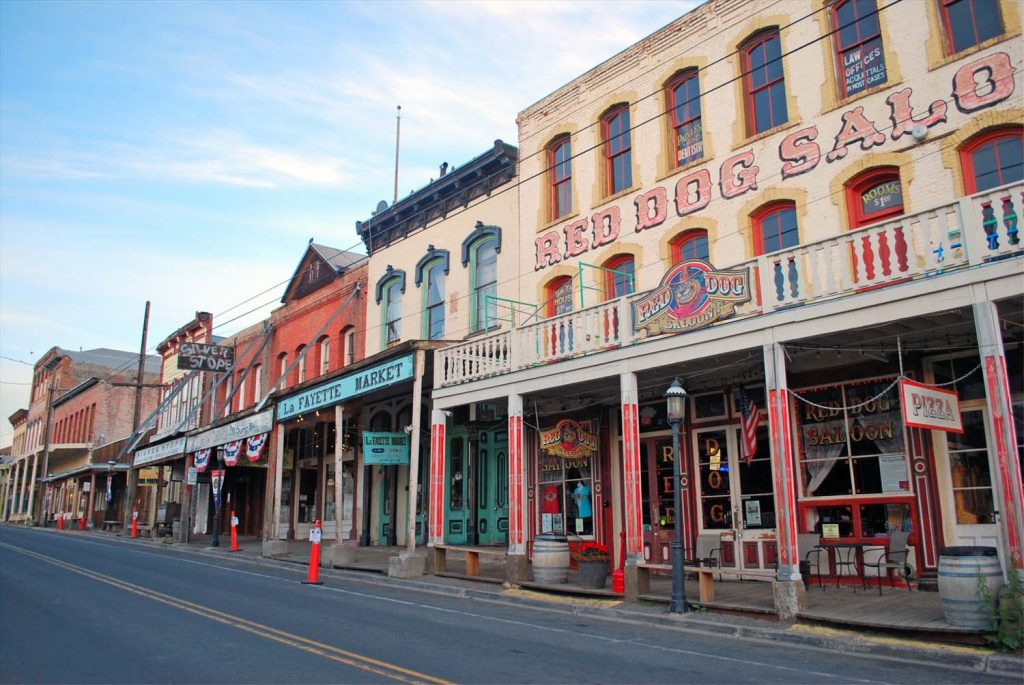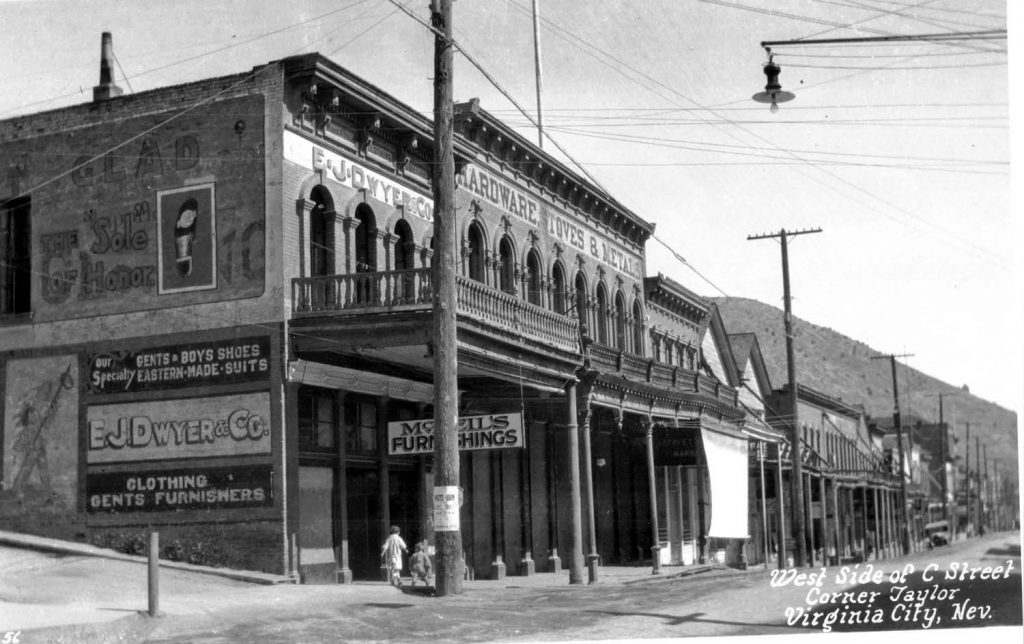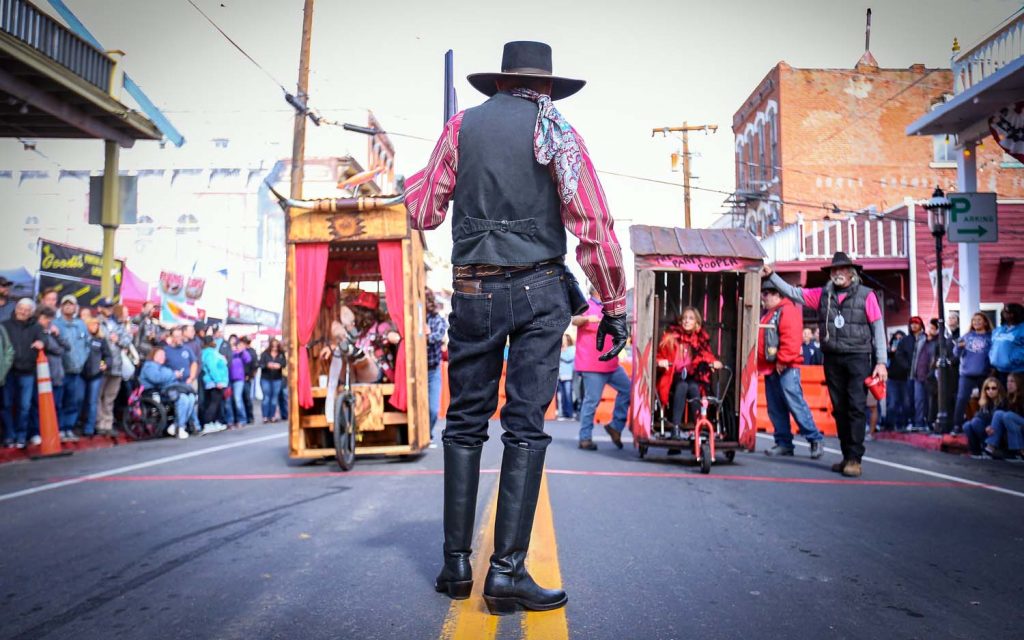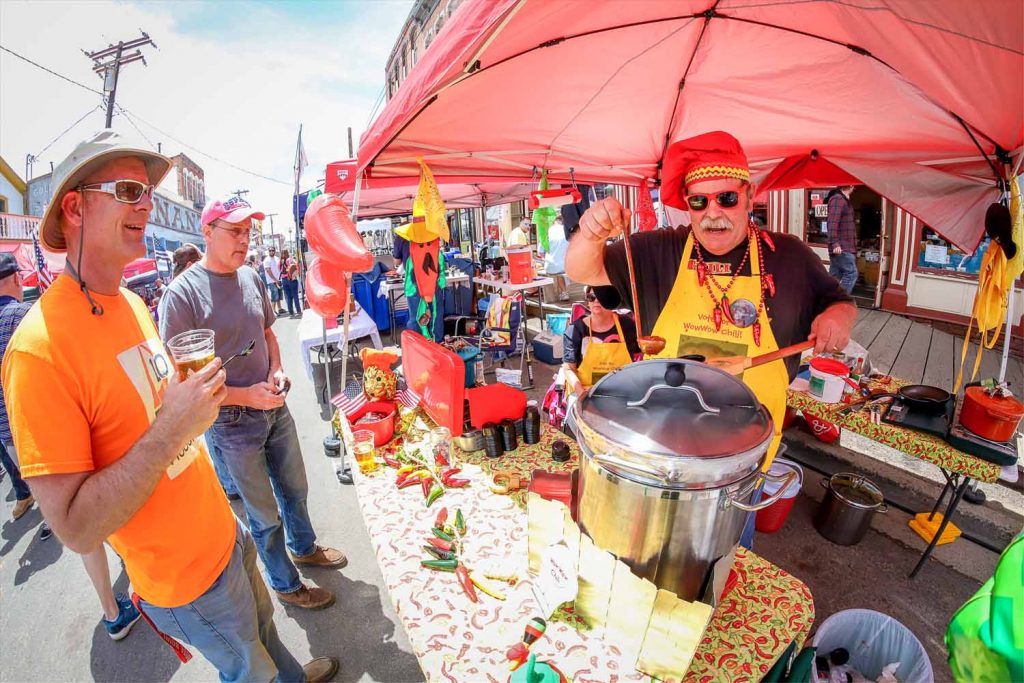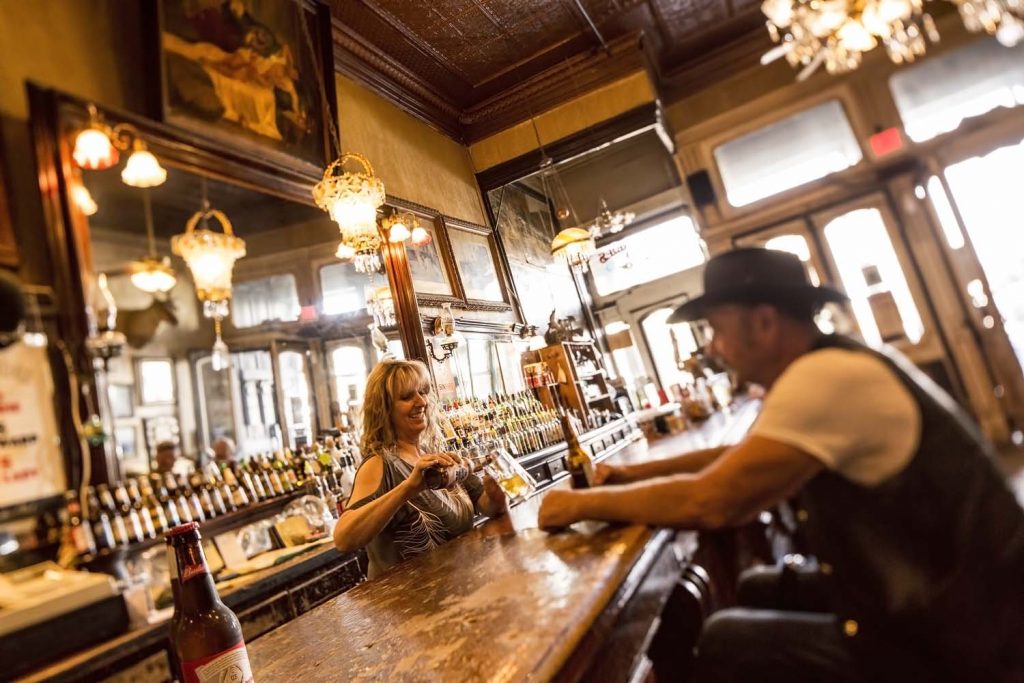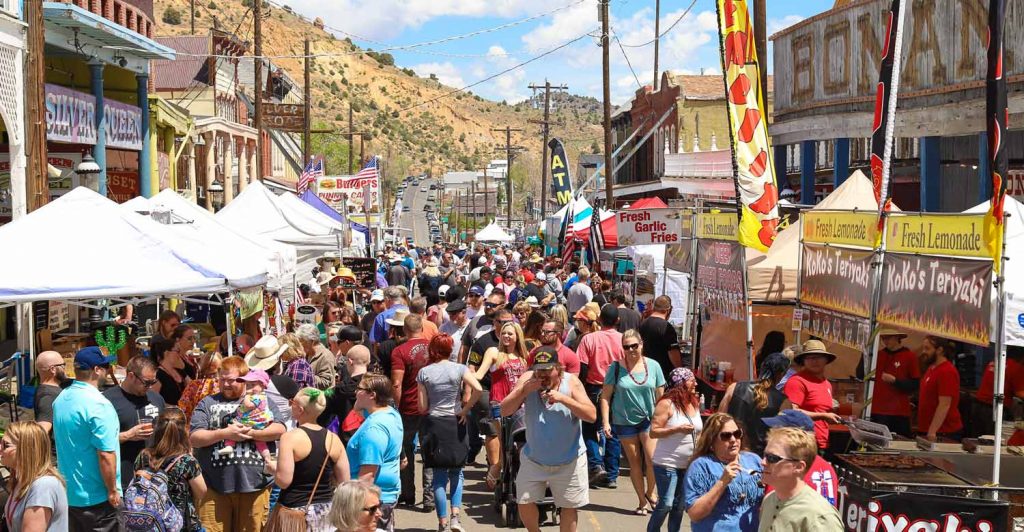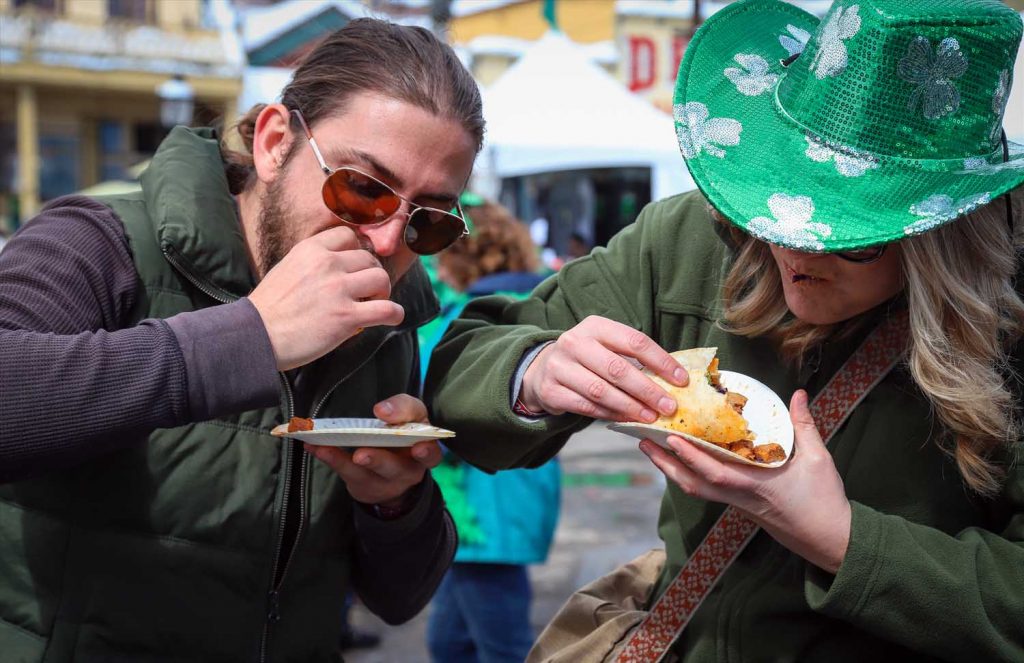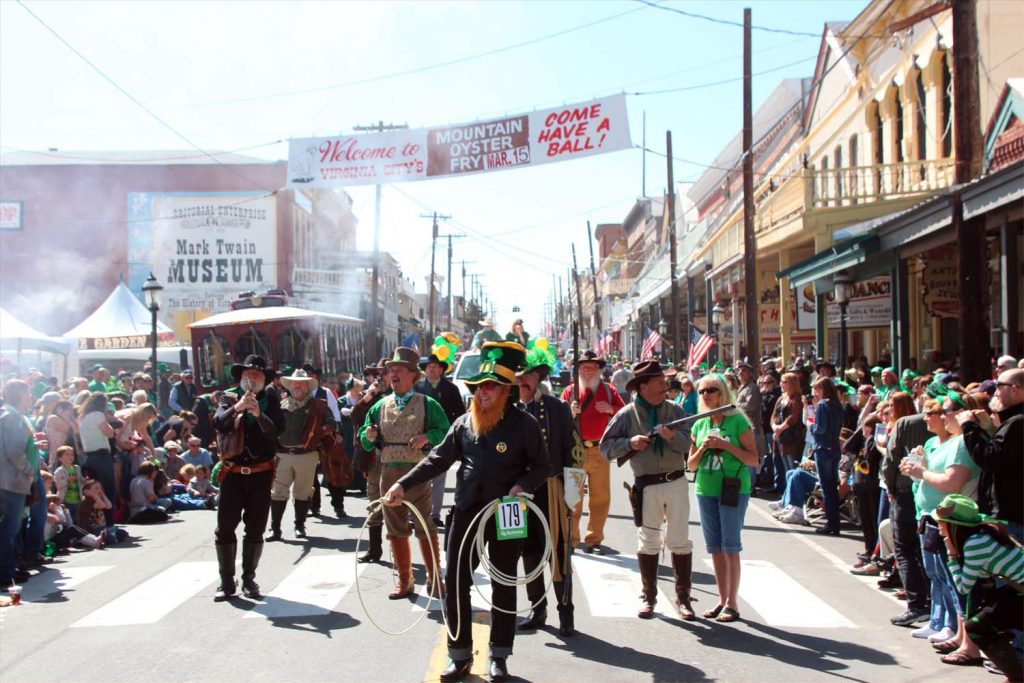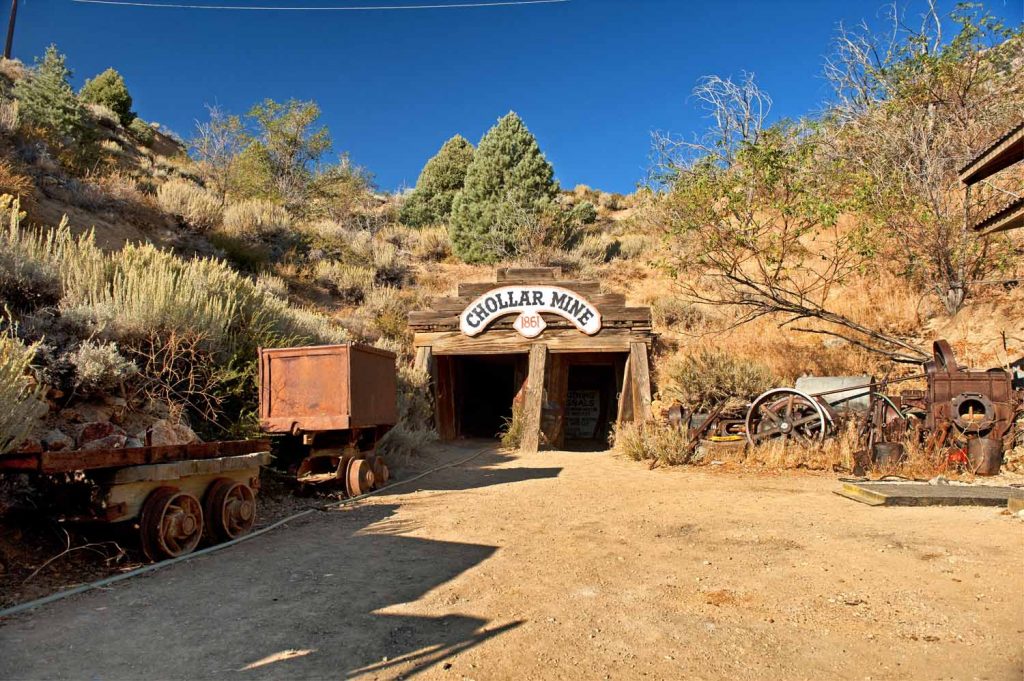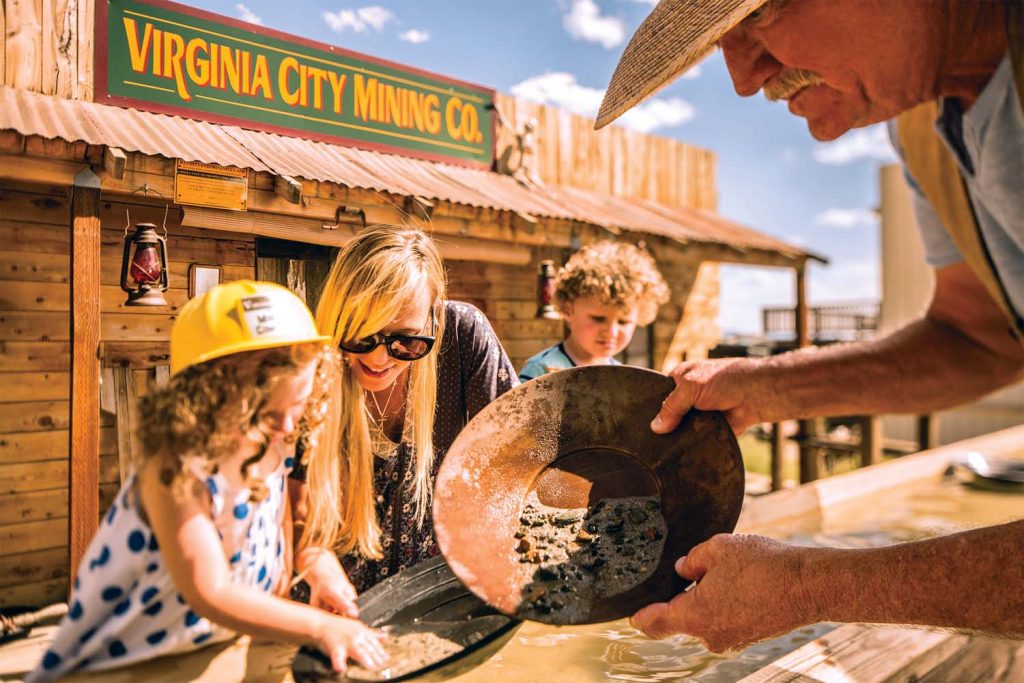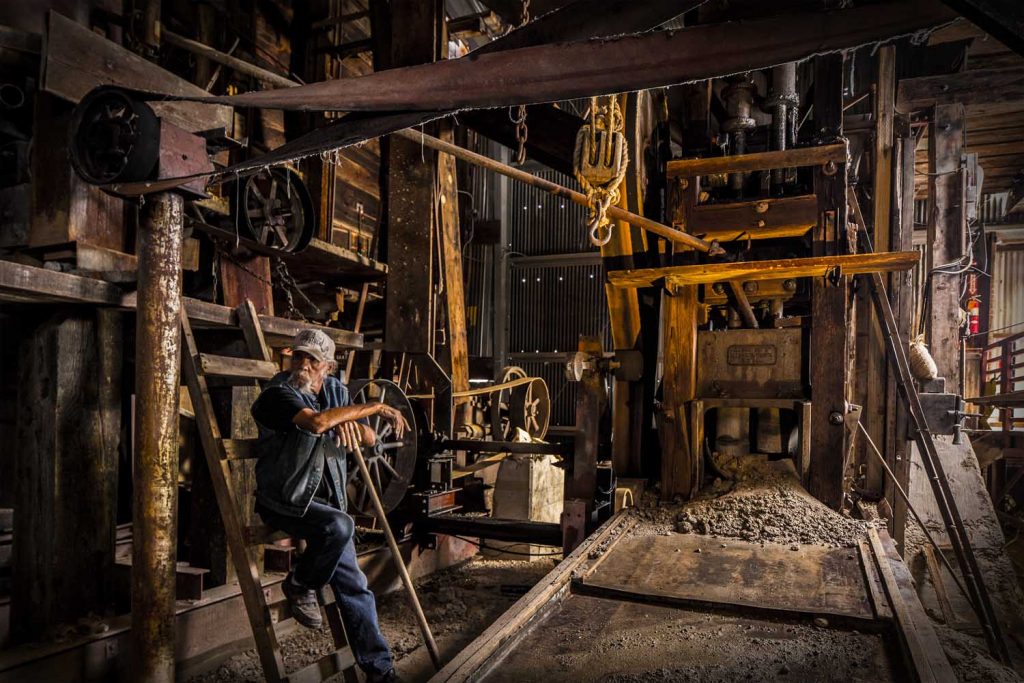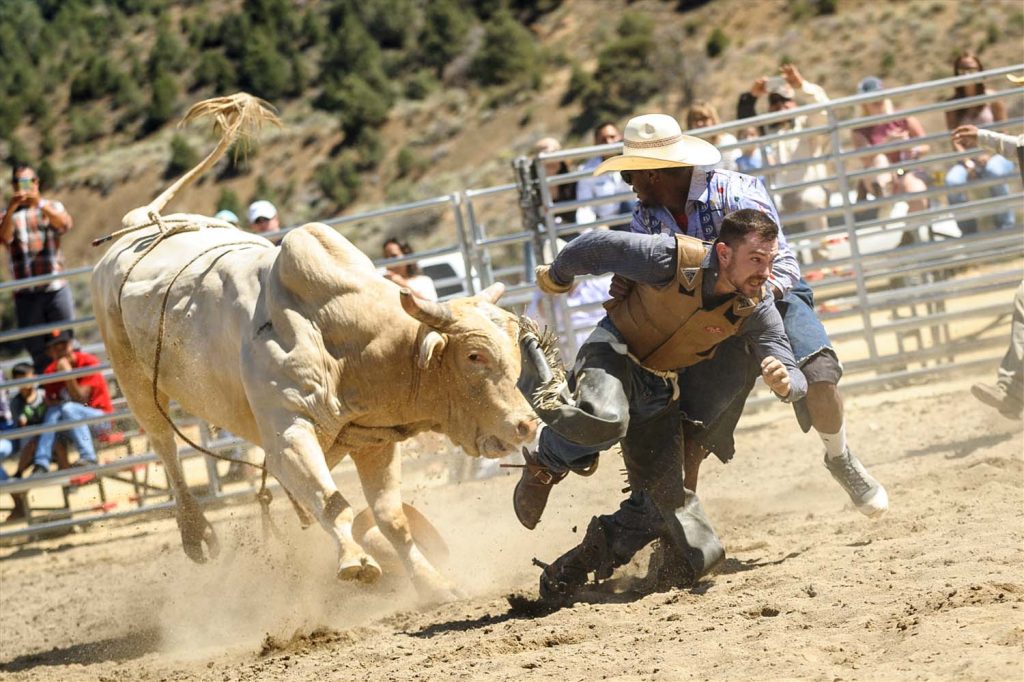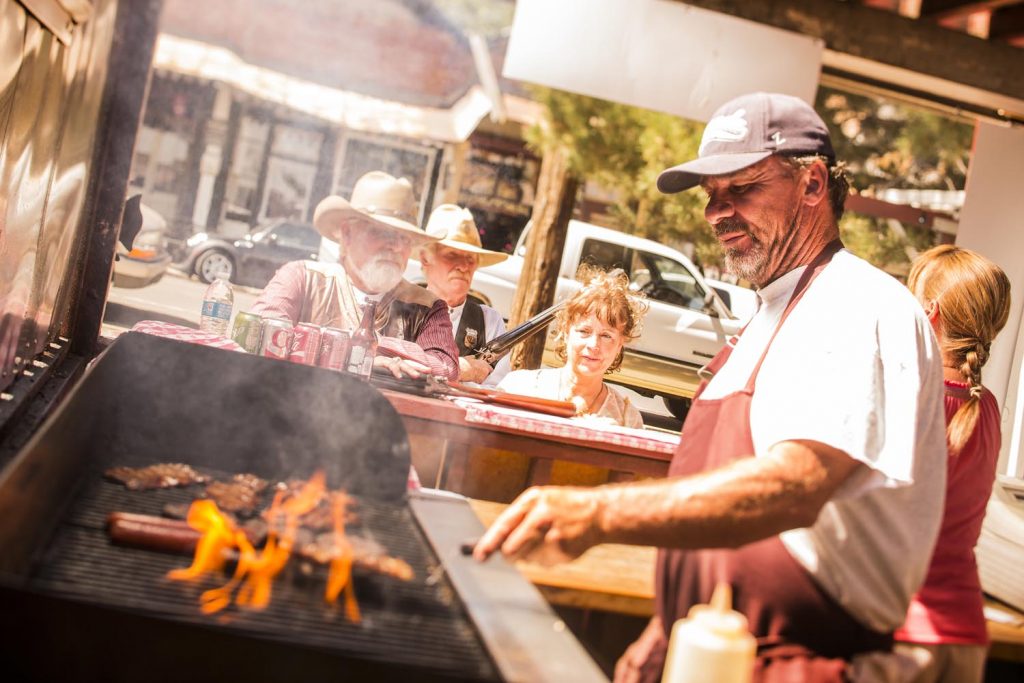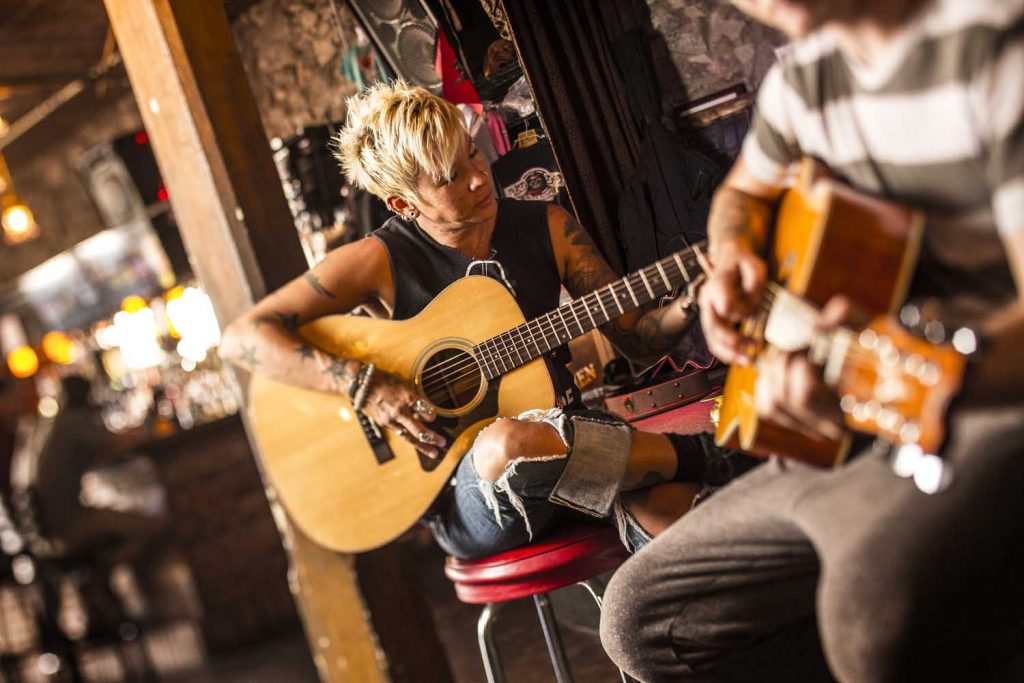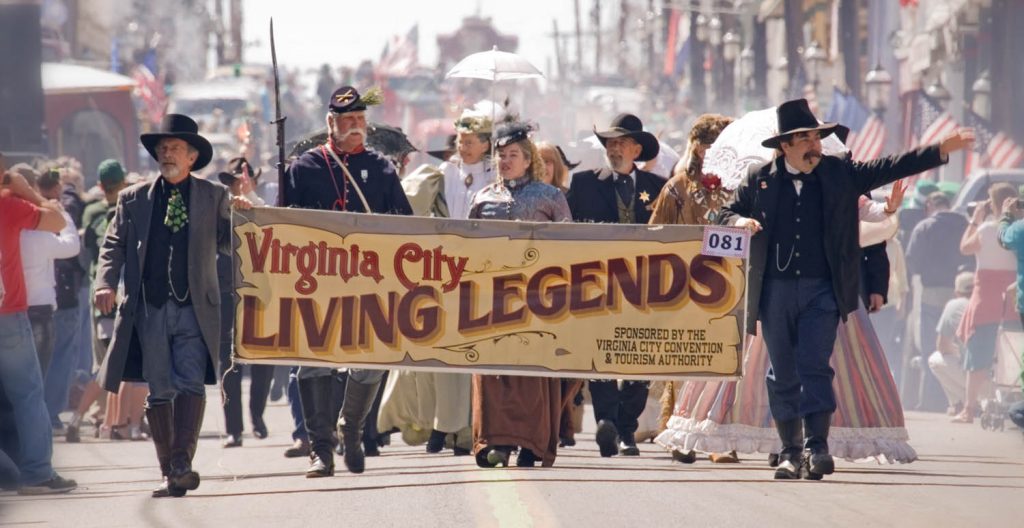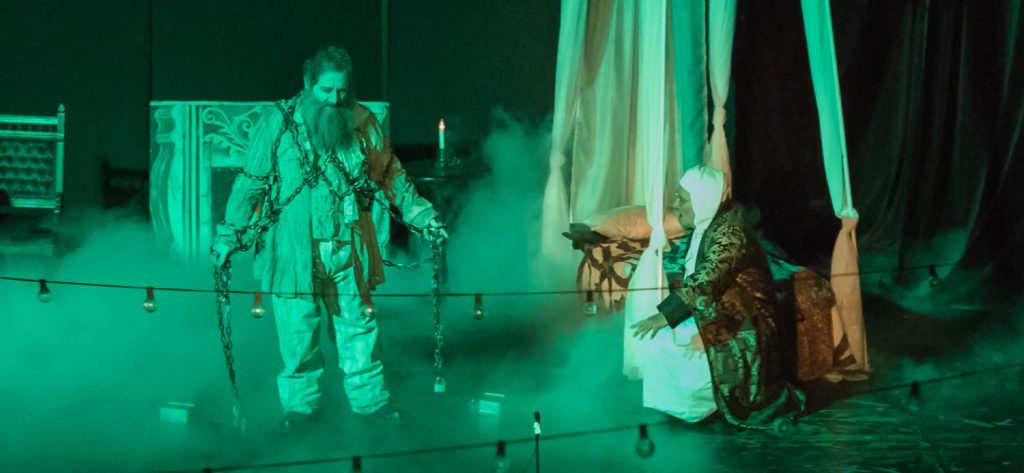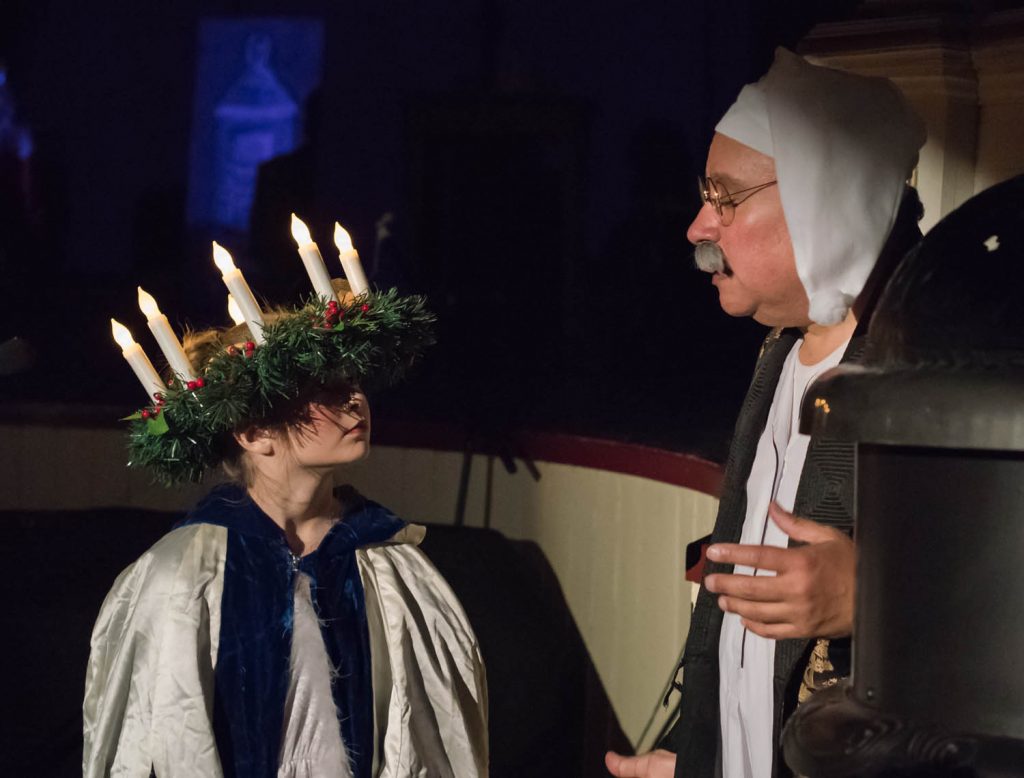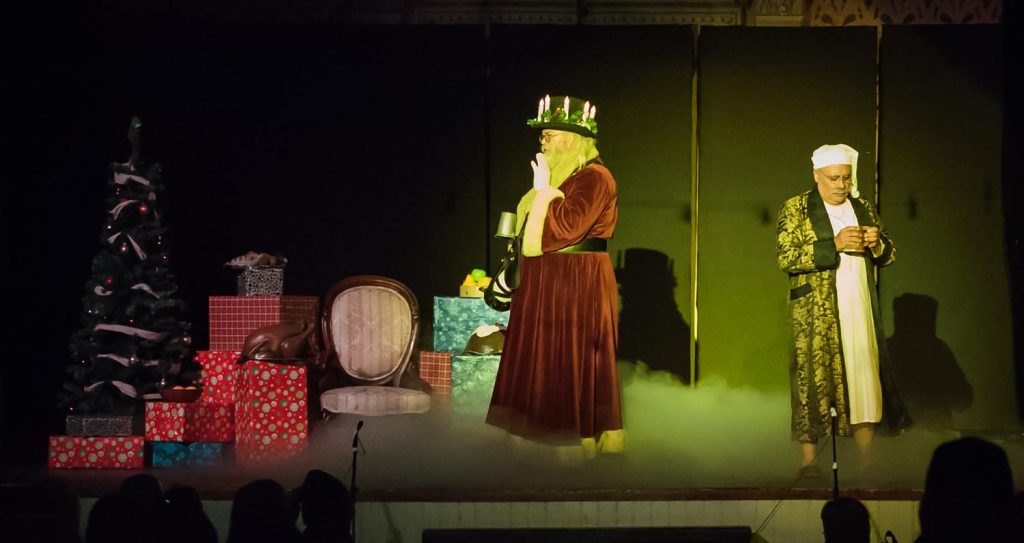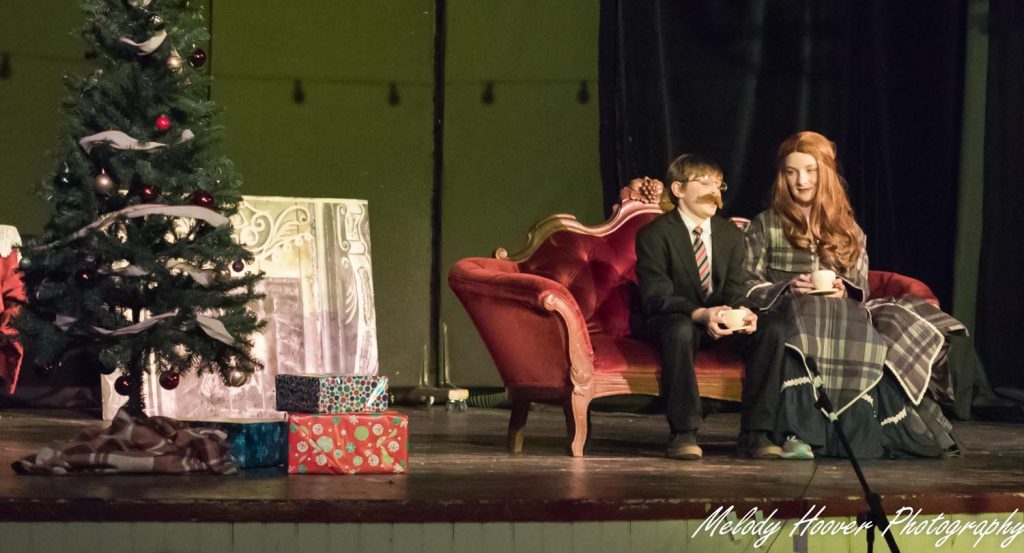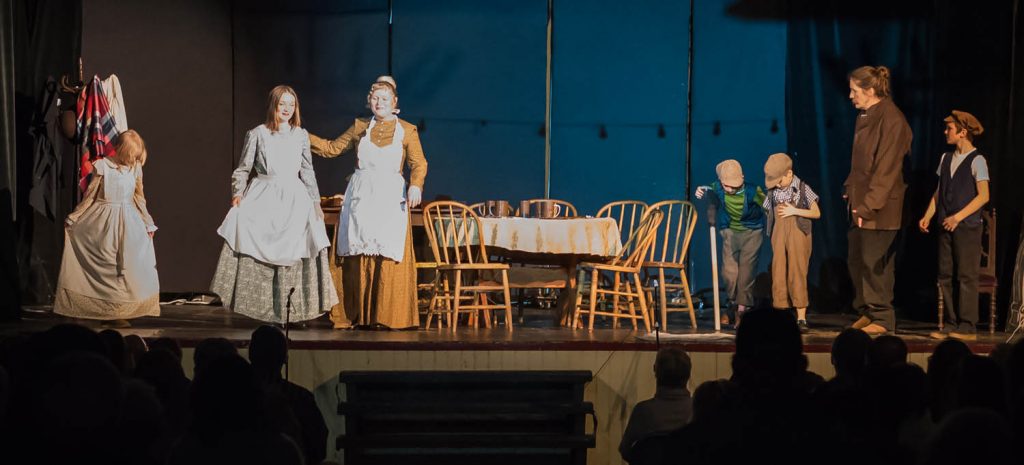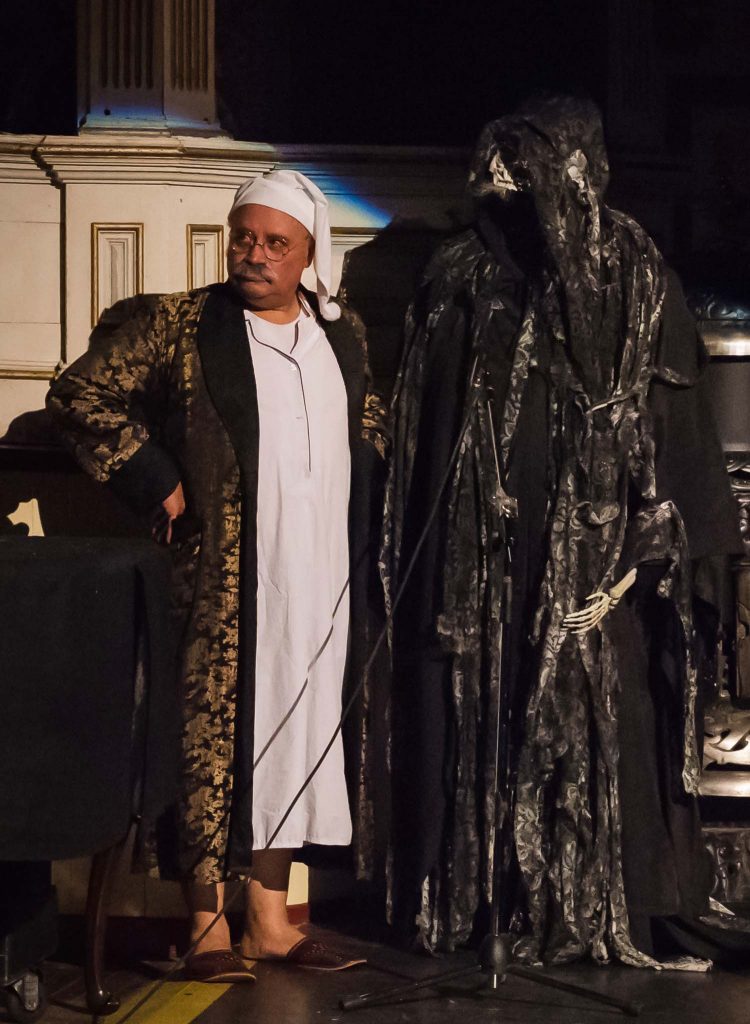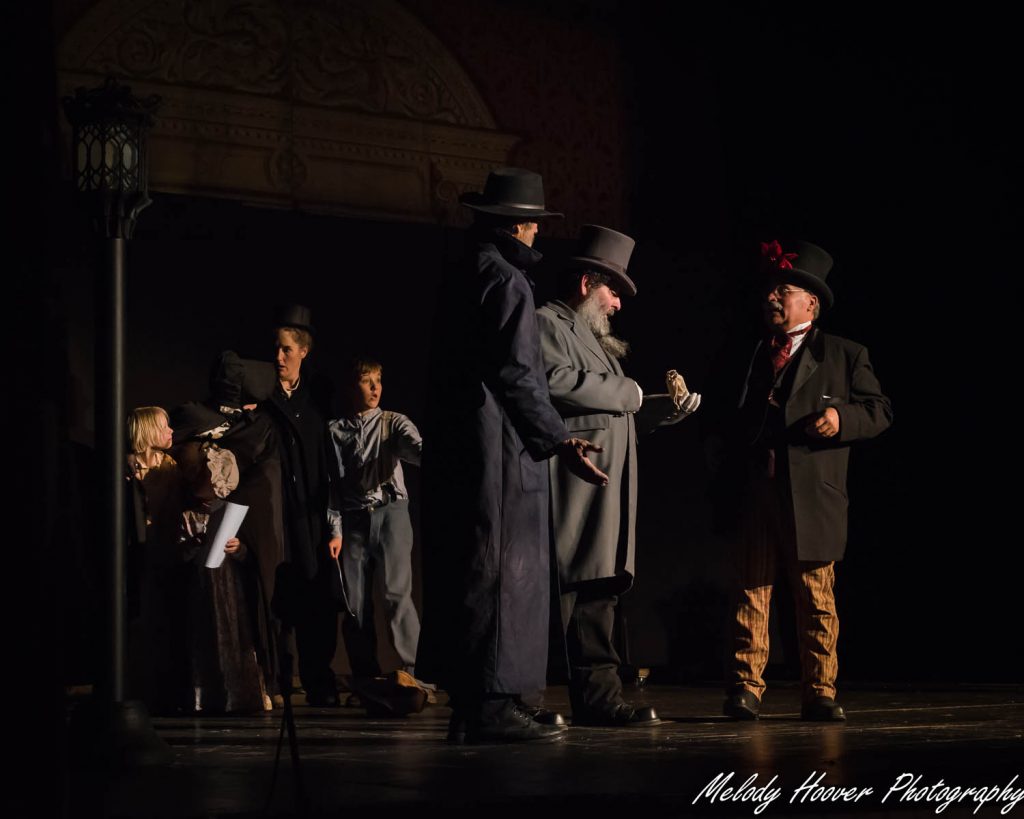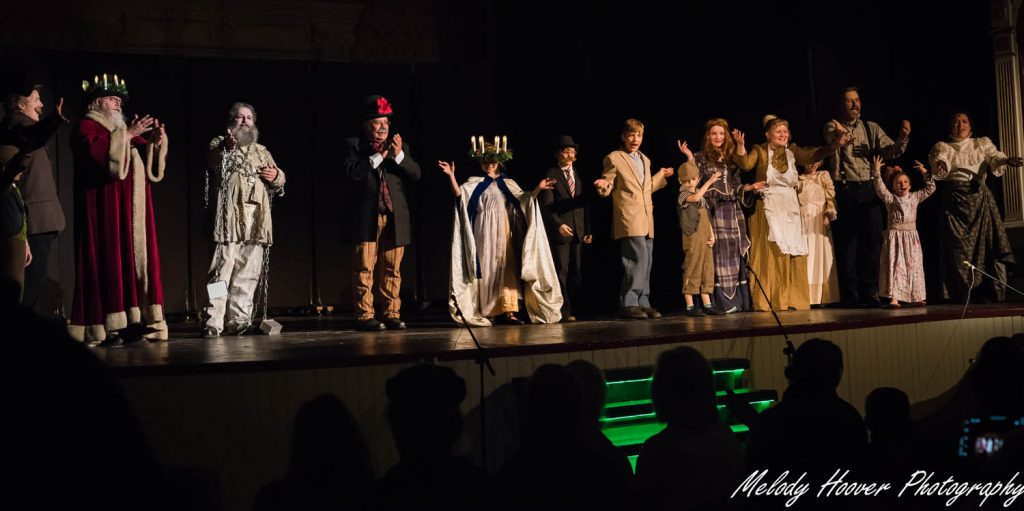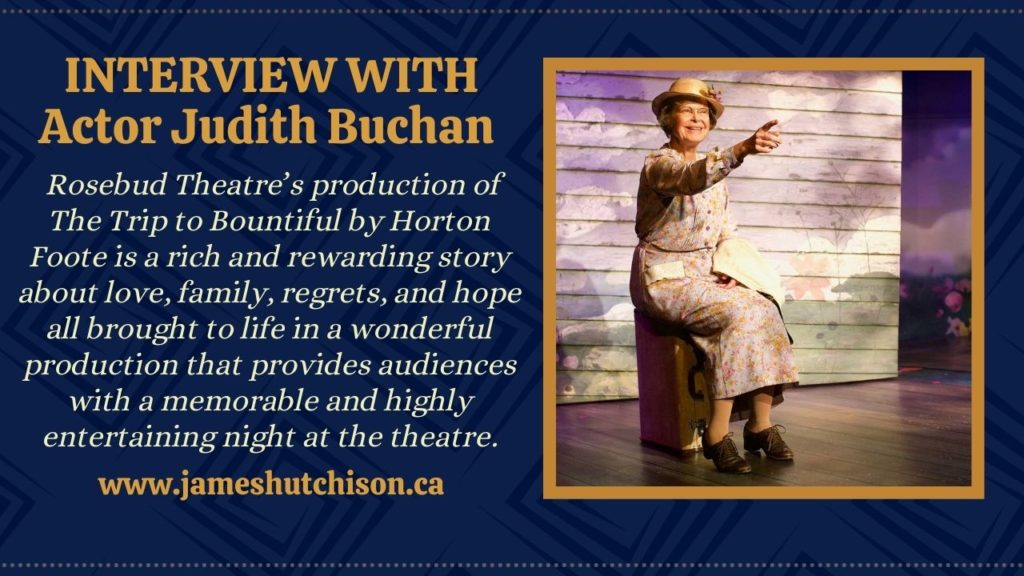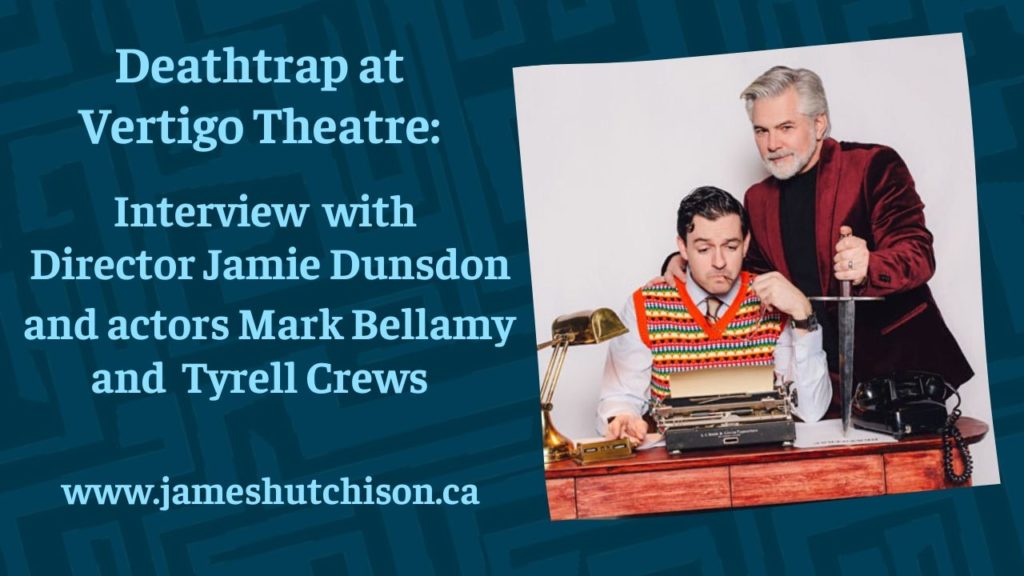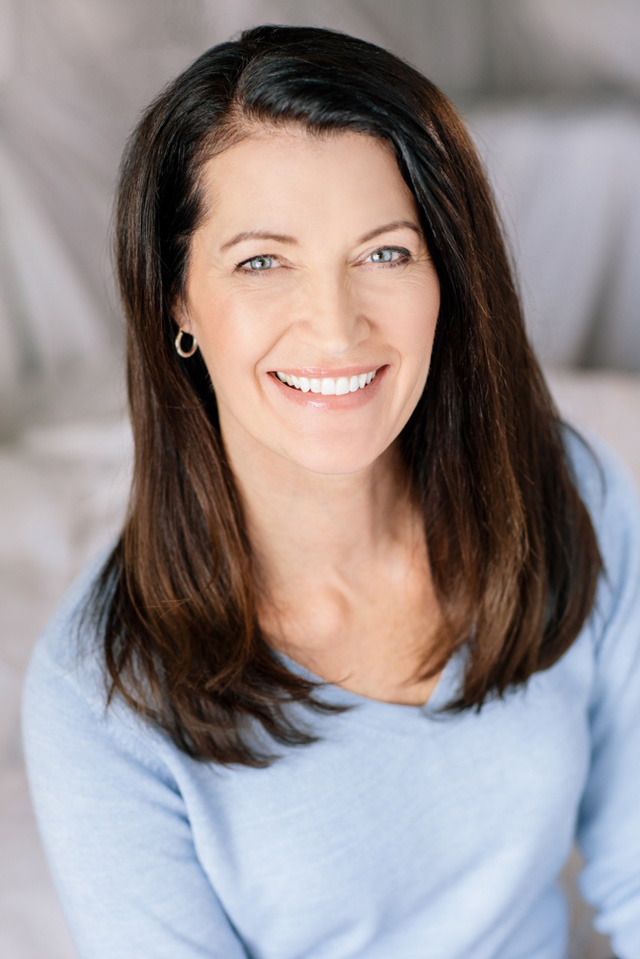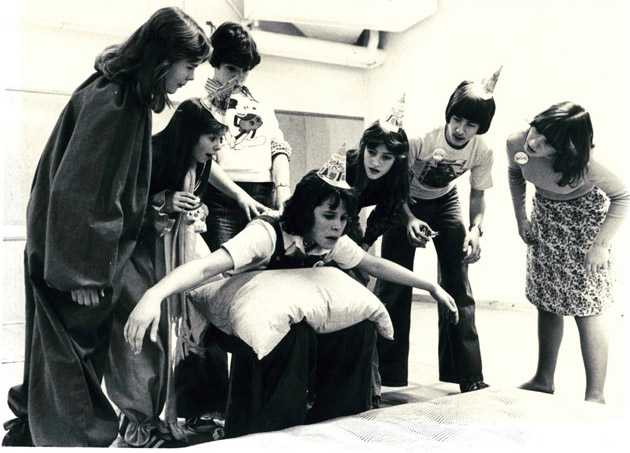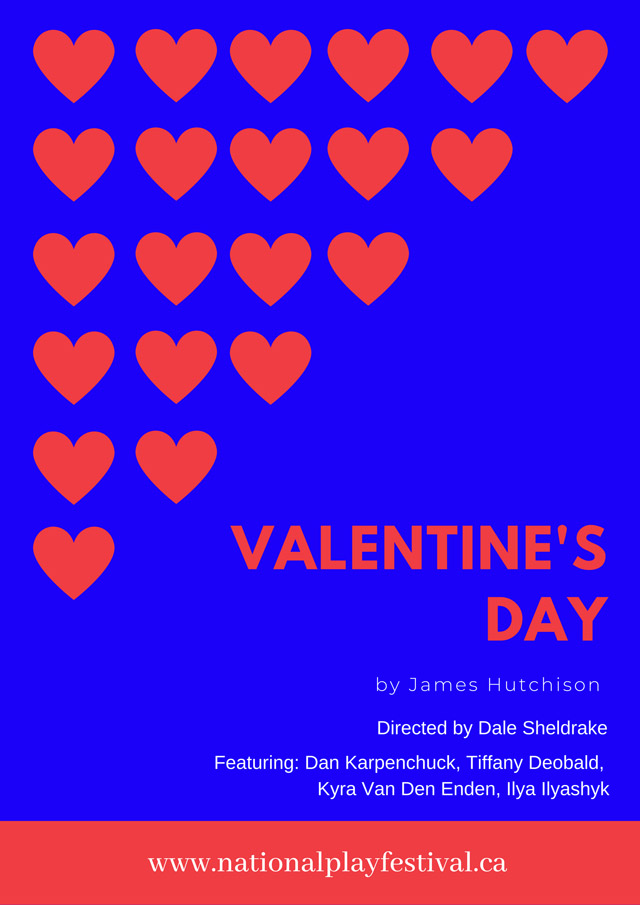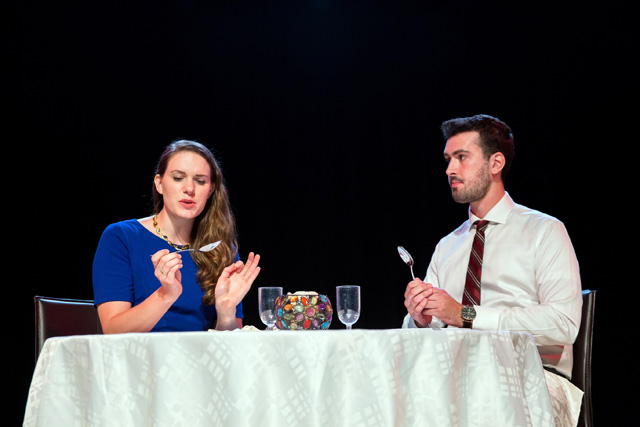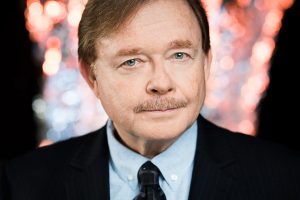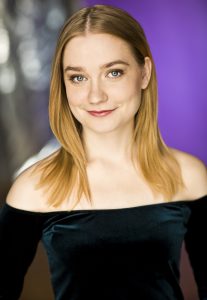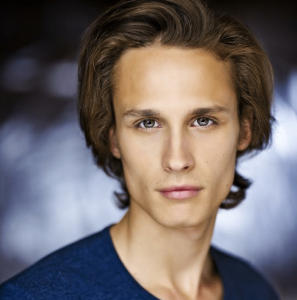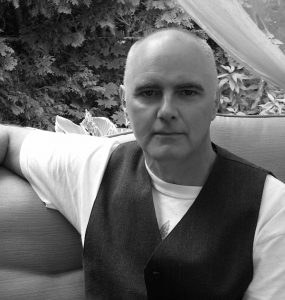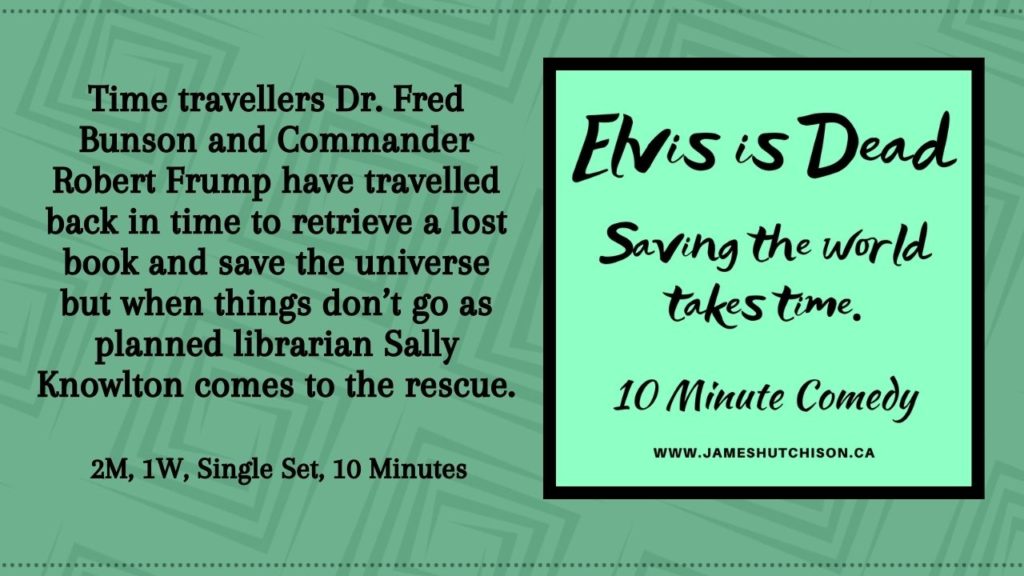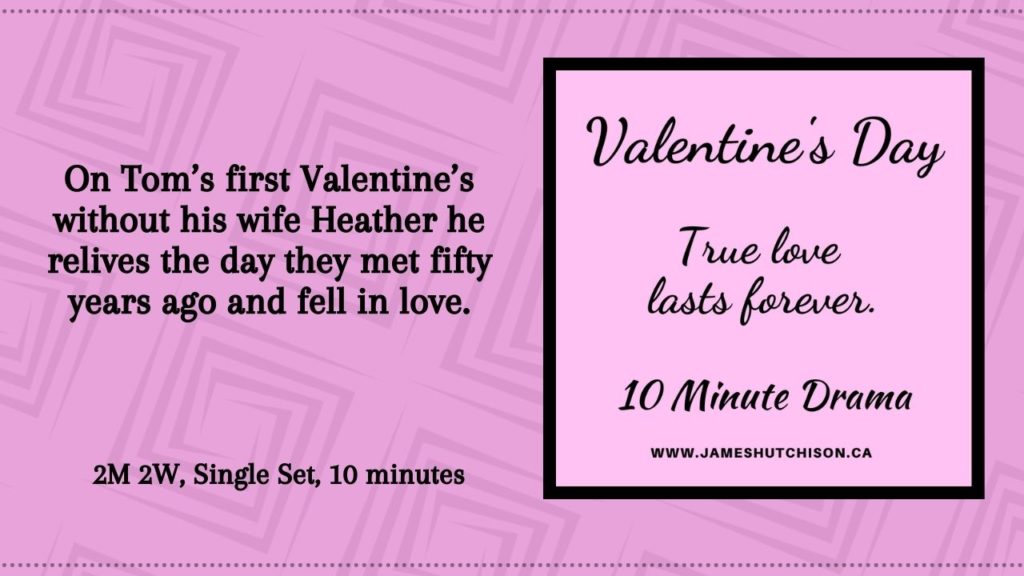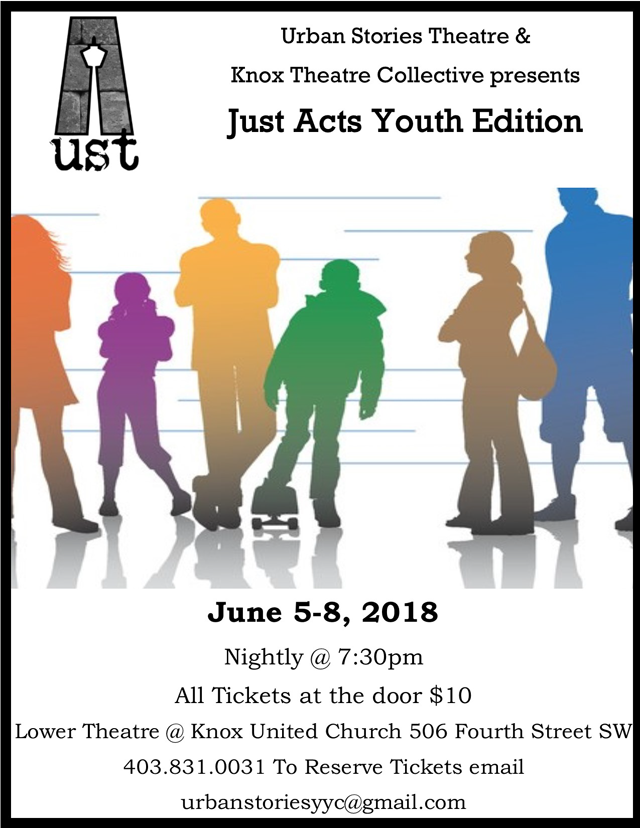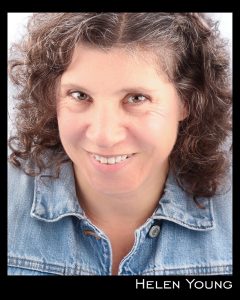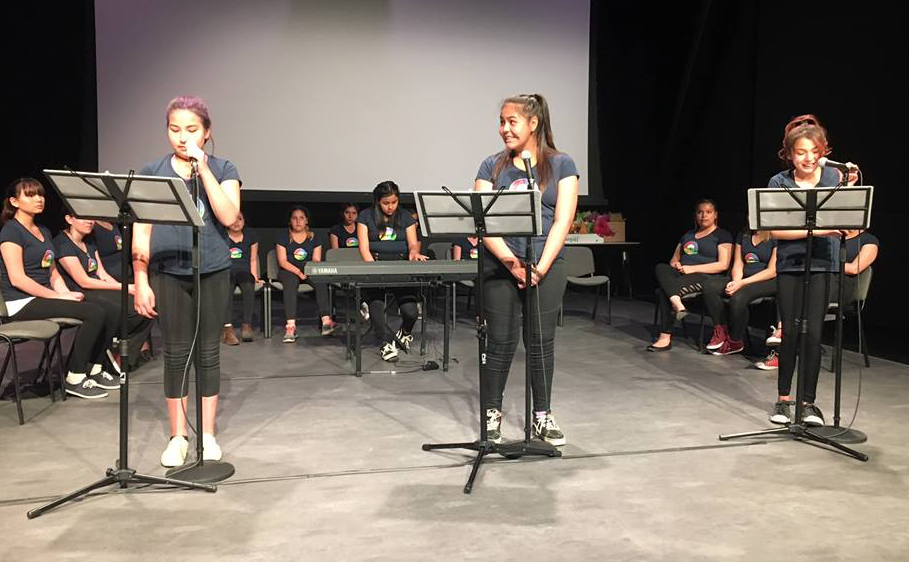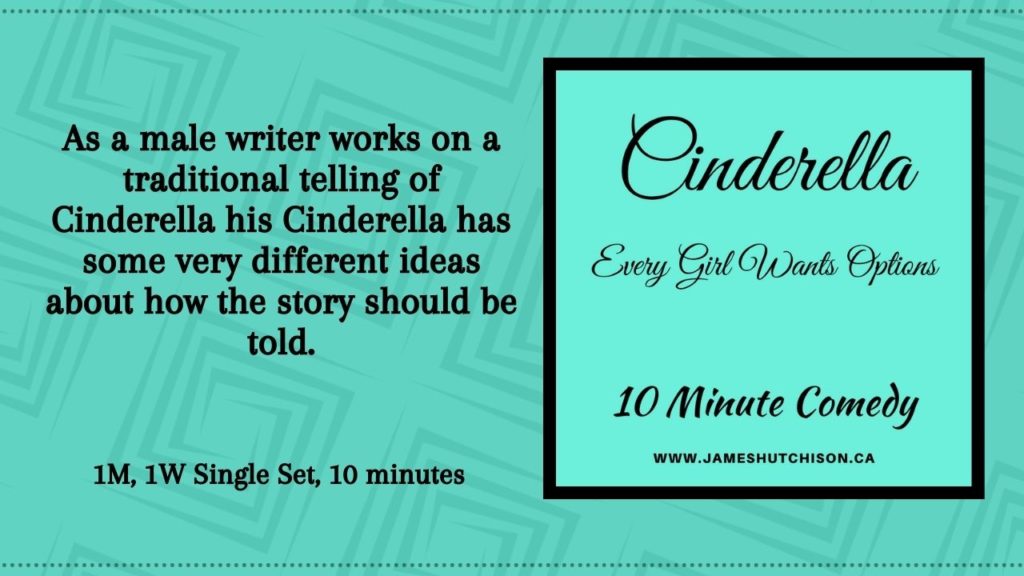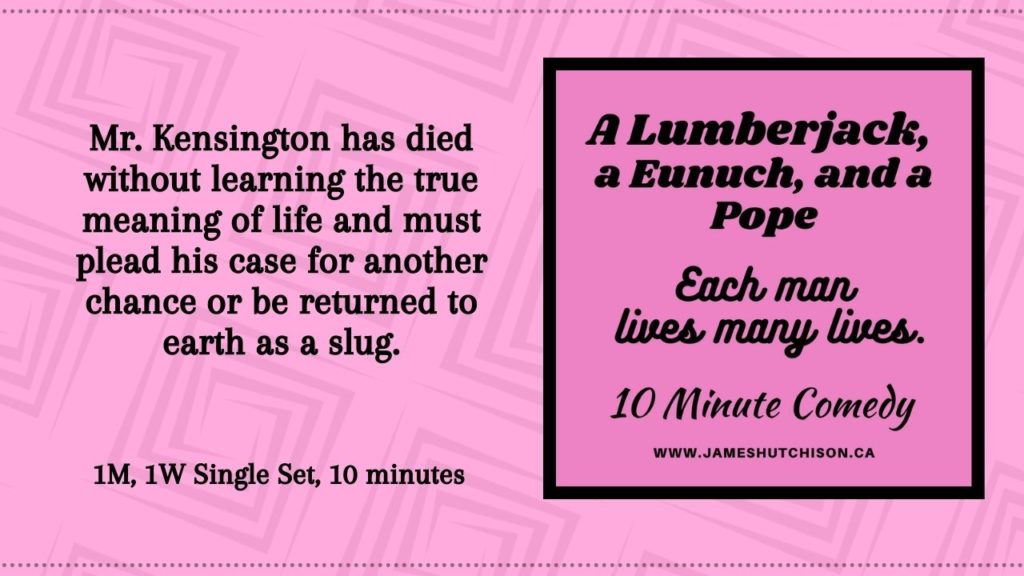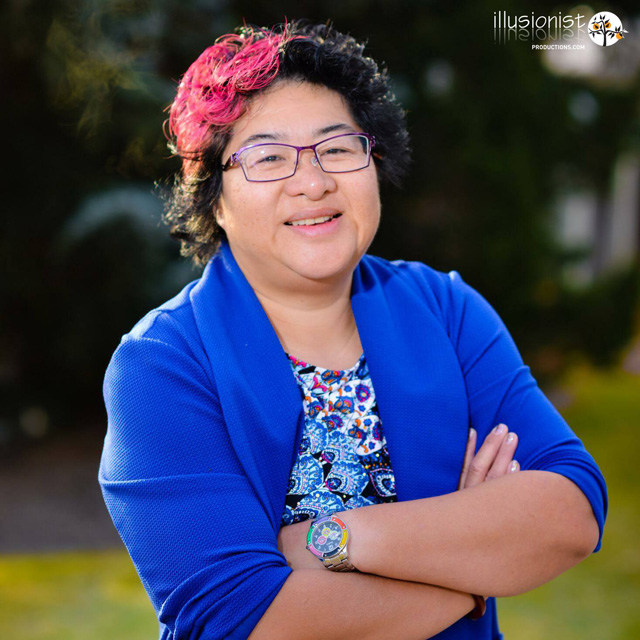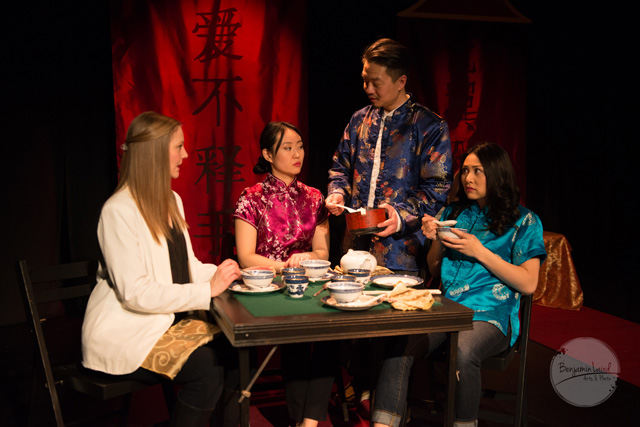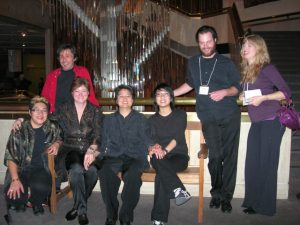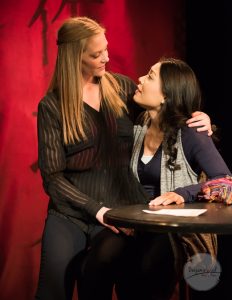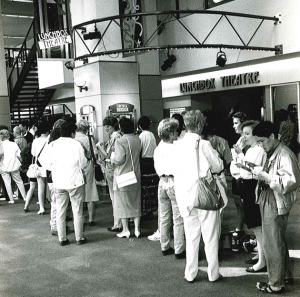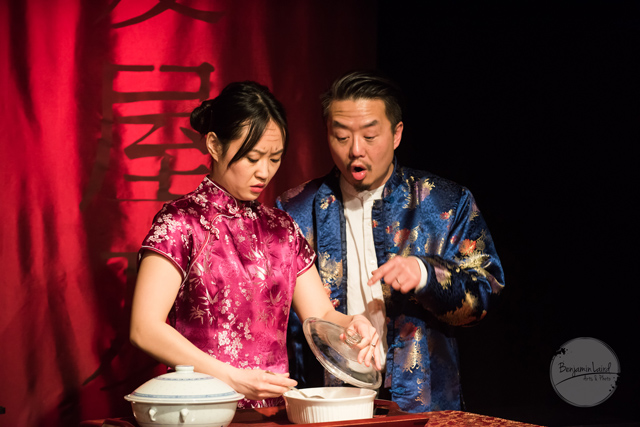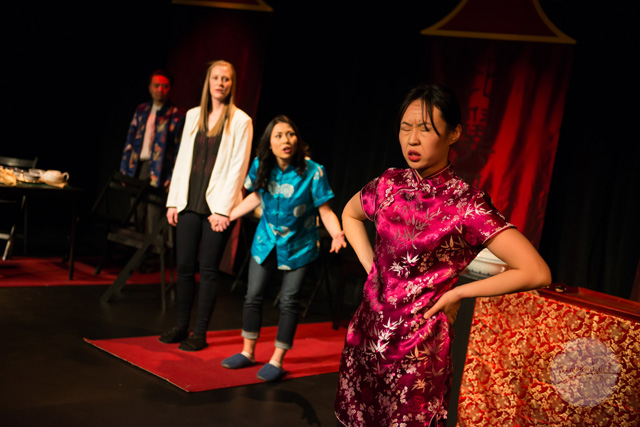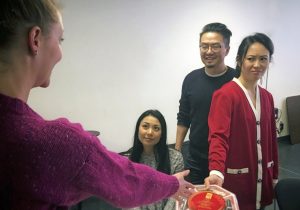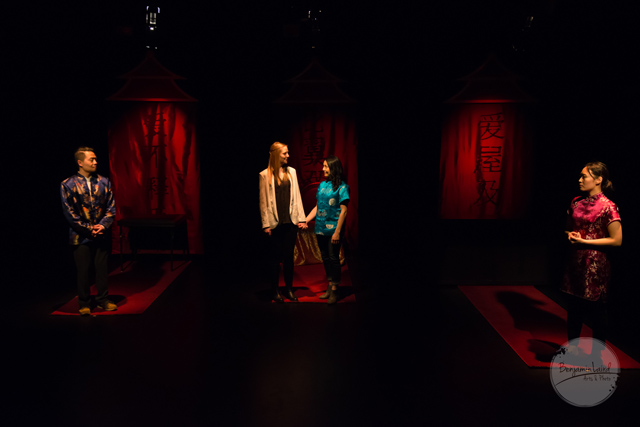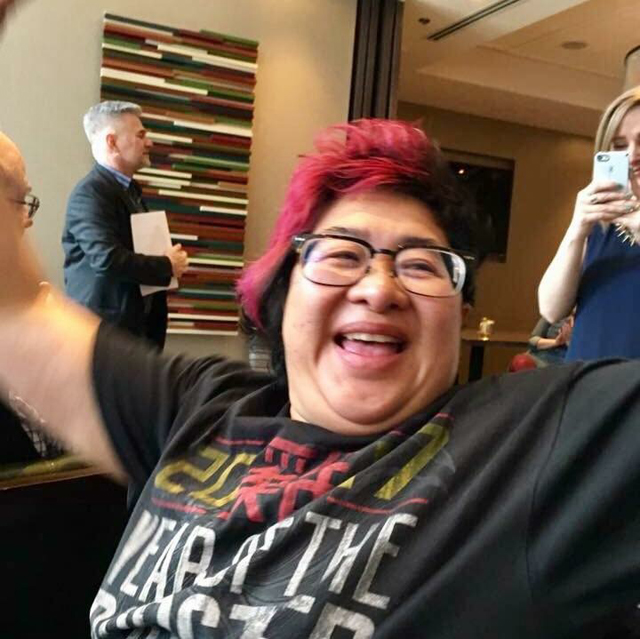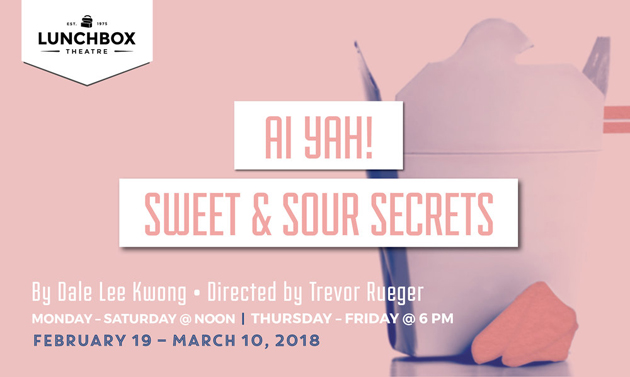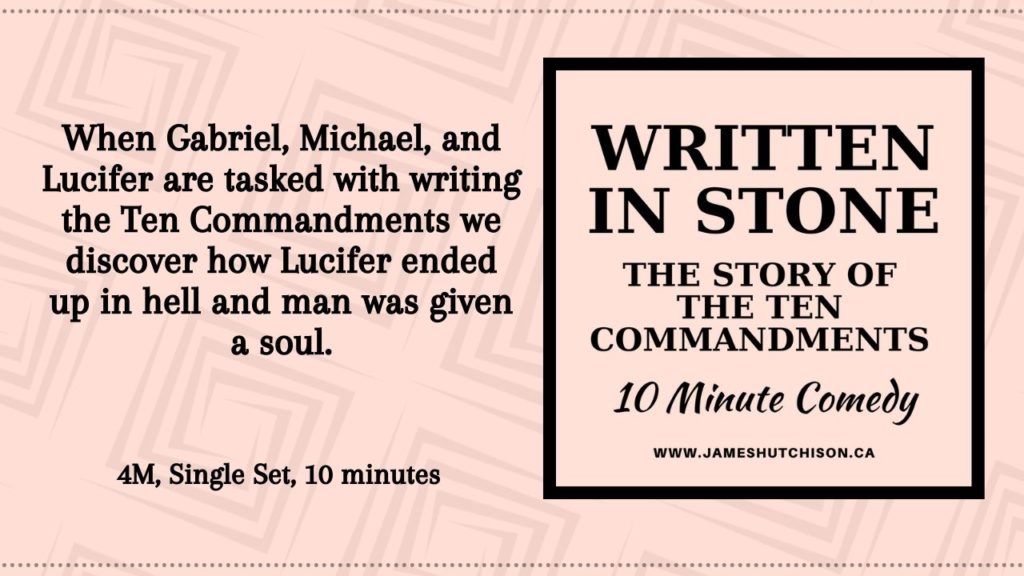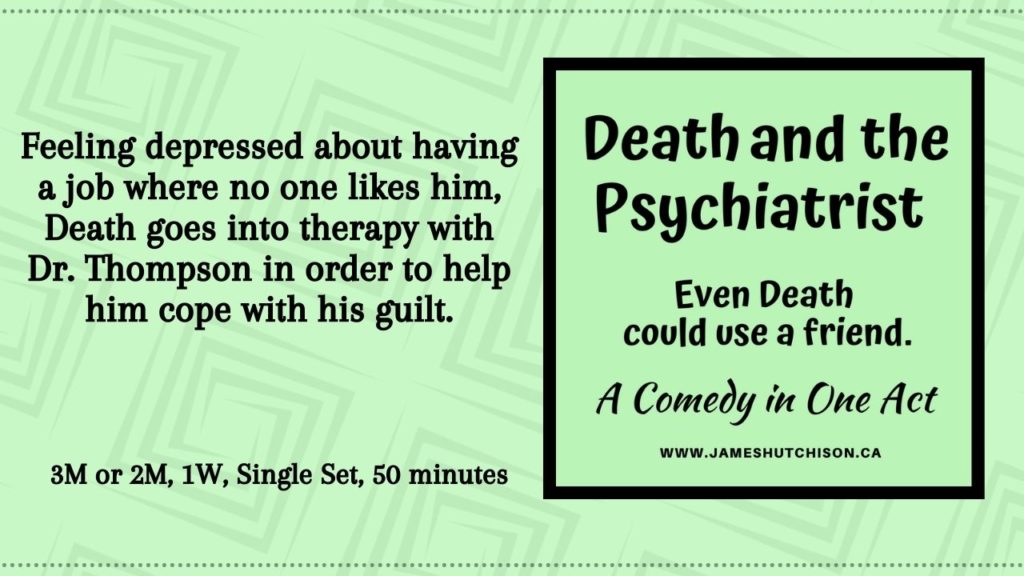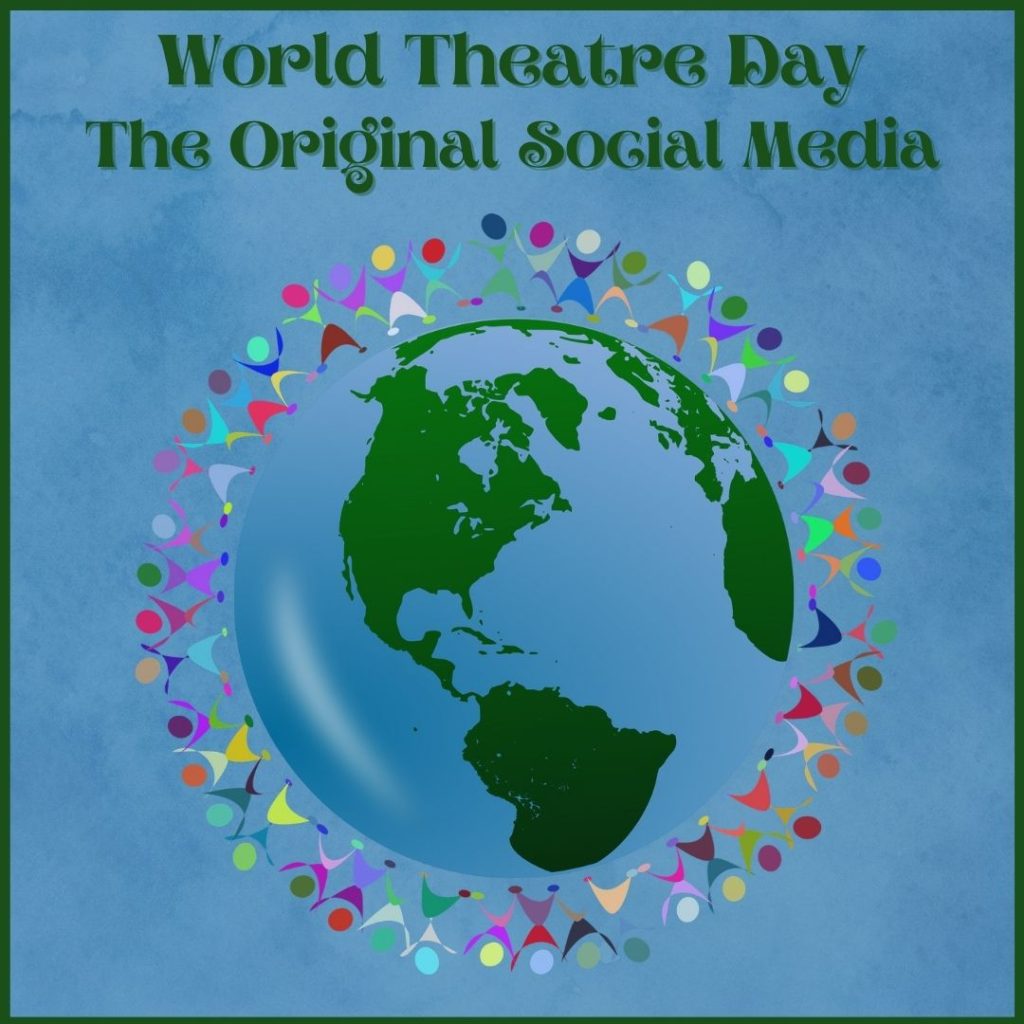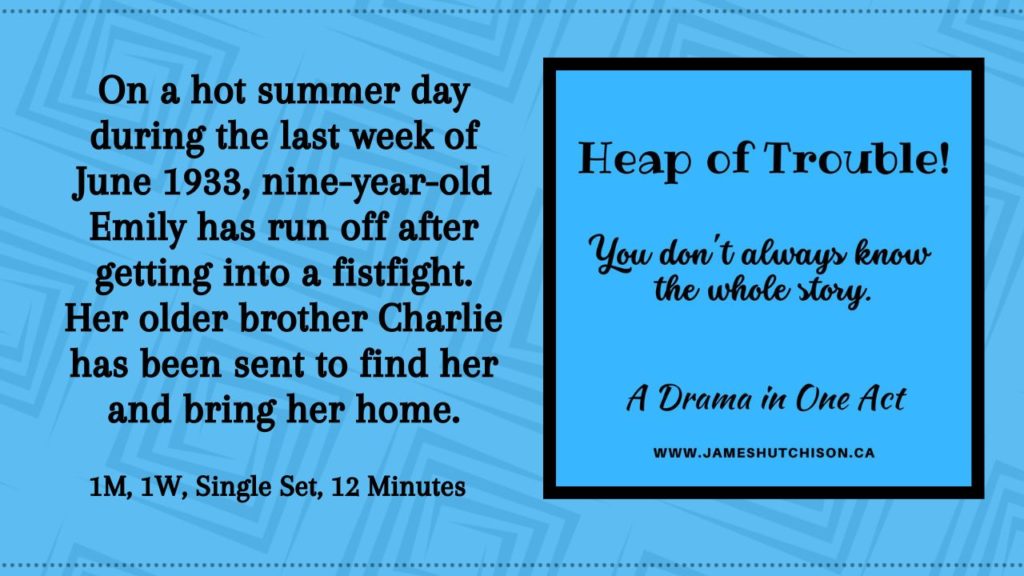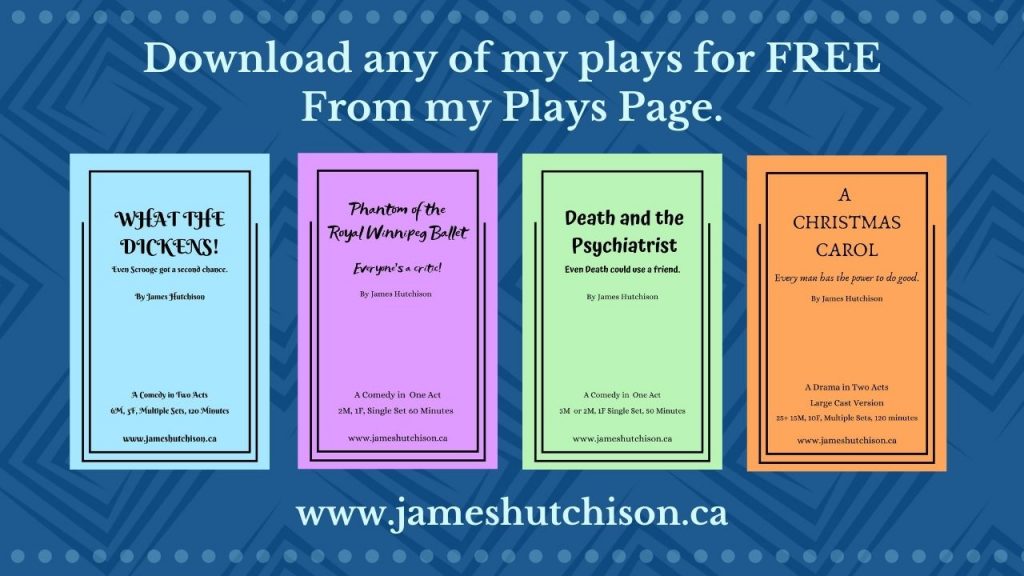A Christmas Carol at Pipers Opera House: If there’s a ghost of a chance that the spirit of Charles Dickens will turn up at a production of one of my adaptations of A Christmas Carol this year then I’d have to say that the most likely place will be the Piper’s Opera House in Virginia City Nevada. Which would be fitting considering that A Christmas Carol is not only a story of redemption but it’s also a ghost story and in some ways even a time-travelling story. And those storytelling elements along with its central message of redemption are some of the reasons I think it remains popular today.
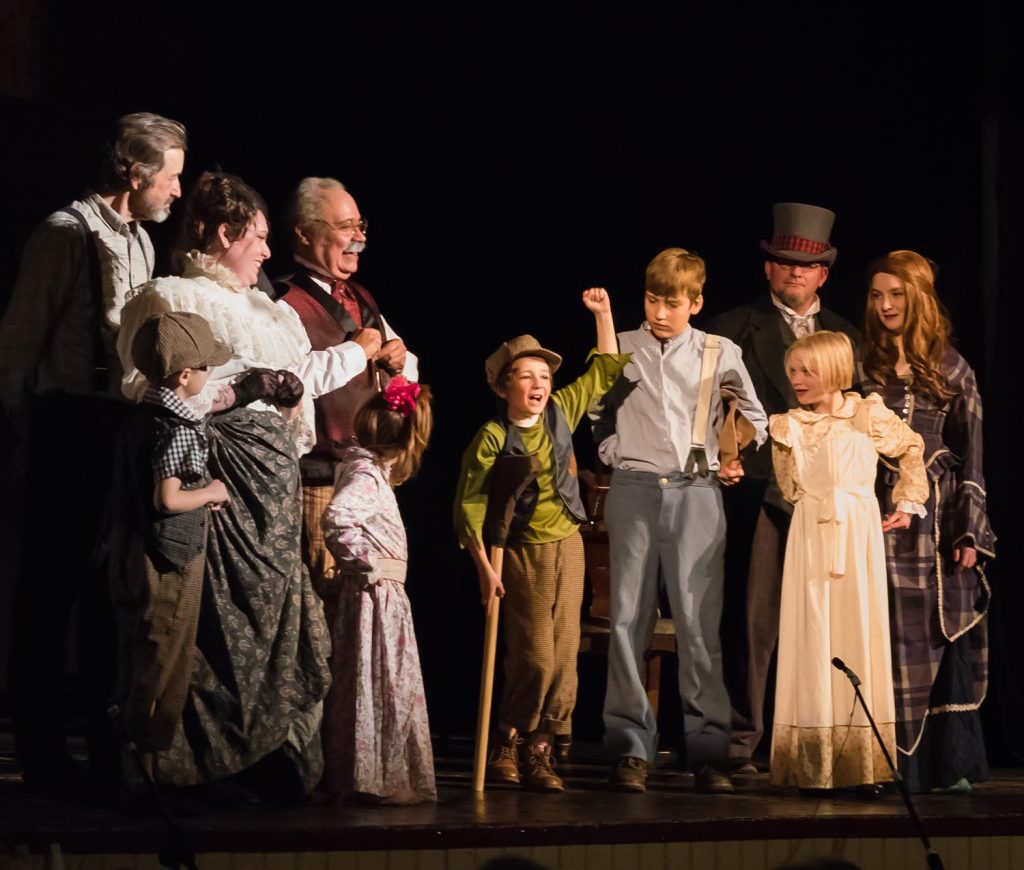
Last spring, I was contacted by Jennifer Hunt who asked if she could customize my adaptation of a Christmas Carol to reflect the history and real-life characters from Virginia City around the time of the gold and silver rush back in 1860. I said sure why don’t we give it a try and see how it works and some months later A Comstock Christmas Carol with a Scrooge named William Sharon hit the stage at the Piper’s Opera House. I connected with Jennifer the first week of December to talk with her about Virginia City, spirits and the production of the play.
JAMES HUTCHISON
Tell me a little bit about Virginia City.
JENNIFER HUNT
Virginia City is about forty minutes south of Reno Nevada and is an incredibly small community with a population of five hundred. However, in the summer months, it can easily swell to 8000 people depending on what activity the town has going on such as our Rocky Mountain Oyster Festival. I don’t know if you know what Rocky Mountain oysters are.
JAMES
We call them prairie oysters here.
JENNIFER
There you go. Yeah, I’ve heard they’re called all sorts of things. Virginia City has been able to crawl out of obscurity because of tourism. Tourism is our life’s blood. And we are very good at tourism. In fact, I believe Virginia City has more parades than any other small town in the United States. I joke that if someone sneezes on the north end, we have a parade on the south end.
We’re also an old mining town. The whole town looks very Western when you drive through it. We still have the western storefronts and the wooden boardwalks. Any improvements that are done have to be done in a historical fashion. We’re very proud of our little historical town. In fact, the mantra is, “Come to Virginia City and come to the past.”
JAMES
Pipers Opera house is where you perform and that’s a historic site. Tell me a little bit about that.
JENNIFER
Piper’s Opera House was built in 1863. It burnt down in 1875 during the great fire that ravaged Virginia City. There have been a couple of fires that have threatened the town, but the 1875 fire was the major one. It destroyed 80 percent of the buildings in the town. The opera house was rebuilt in 1878 and it burned down again in 1883 and then was rebuilt in 1885.
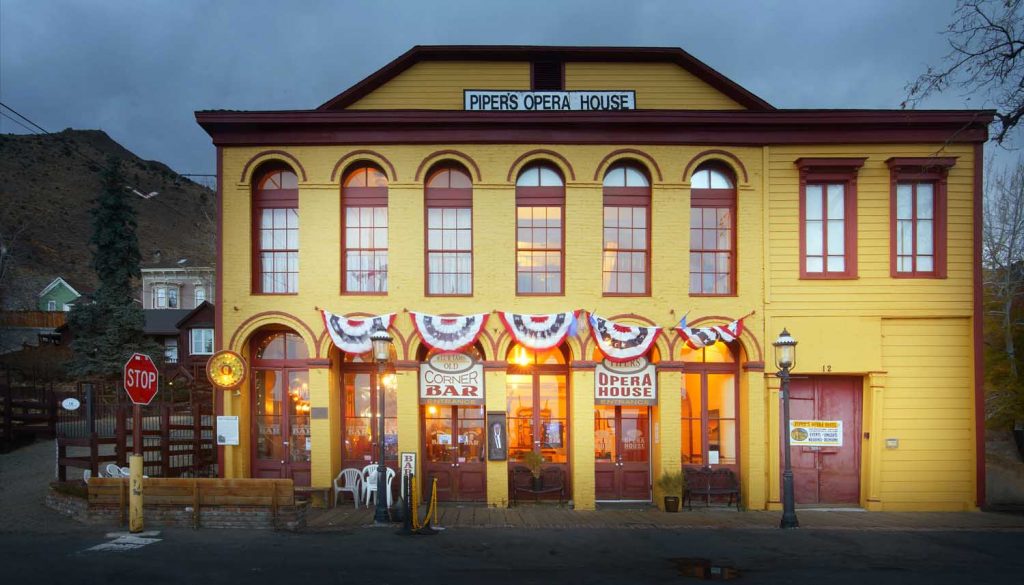
JAMES
I imagining you’ve had some interesting historical folks perform in Virginia City over the years.
JENNIFER
If a theatre company was touring the circuit which included San Francisco, Sacramento, and Carson City then Virginia City was one of the stops. Some of the big names that have been here include Mark Twain, Houdini, Lillie Langtry, and Maude Adams. All of the actors or actresses of that era would have stopped and performed on our stage.
JAMES
Well then, I have to ask. You’ve got an old opera house here, so…
JENNIFER
Is it haunted? (Laughs) I get that question every day. I have worked at the opera house for three years now and I’ve seen some weird things but everything I’ve seen could easily be explained logically. I used to tell people that if you want to see ghosts then you will probably see something.
The actors and the people that are backstage at the opera house and pouring their emotions into the stage and the show they’re doing I have found more susceptible to seeing things than I am. For example, I was walking a group of actors out at the end of their show last season, and I was locking up the building and it was dark and just as I was about to lock the door a little girl, I think she was four at the time, said, “Don’t lock the door, there is a guy trying to get out.”
And I looked at the door and there’s no one there so what do you say to a four-year-old? I said, “Well you need to tell that man to come back during operating hours.” And she looked at the door and then she looked away from the door and she said, “Oh, you can close it now. He already left.” I’m like, “Oh, okay, I’ll just close the door.”
We had a school tour that was going through the opera house about a month ago and one of the kids got a picture of an apparition up on the third floor. But that’s so random. In November, we had a paranormal group that went through the building and they tried for hours and they couldn’t get a whisper.
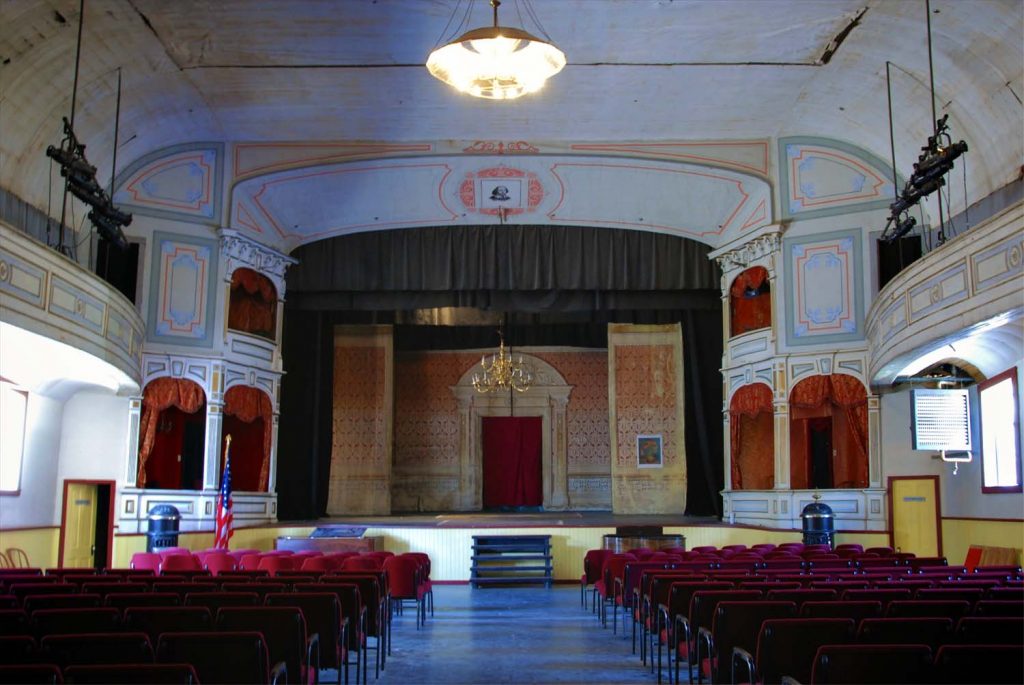
JAMES
Did they have any kids with them?
JENNIFER
No, I don’t believe they had any children. They were all adults. But I tried to tell them that what I’ve found is that most people will experience activity when the opera house is full because there is life in the opera house and when everyone leaves and you turn off the lights it’s almost like blowing out a candle and the life of the opera house is put on hold until it’s full of people again.
JAMES
So, you’ve adjusted the play a little bit to reflect some of the historical figures in Virginia City. Tell me a little bit about who the Scrooge character is based on now.
JENNIFER
Last season we incorporated the notion of mining and saloon girls in our last show. And I thought that’s what made the show special. It was very centralized around Virginia City. And people have a connection with Virginia City. When people come into town, I can’t tell you how often I hear people say, “This town is so special. I feel a connection here. I can see why you love it. It’s like coming home.” And that’s the allure of our town. I don’t believe in reincarnation, but many people feel a very strong emotional connection to our town.
And so, we decided to continue bringing those elements into our productions to make them special to Virginia City and when I started thinking about the Scrooge character I started thinking about who would be a good Scrooge.
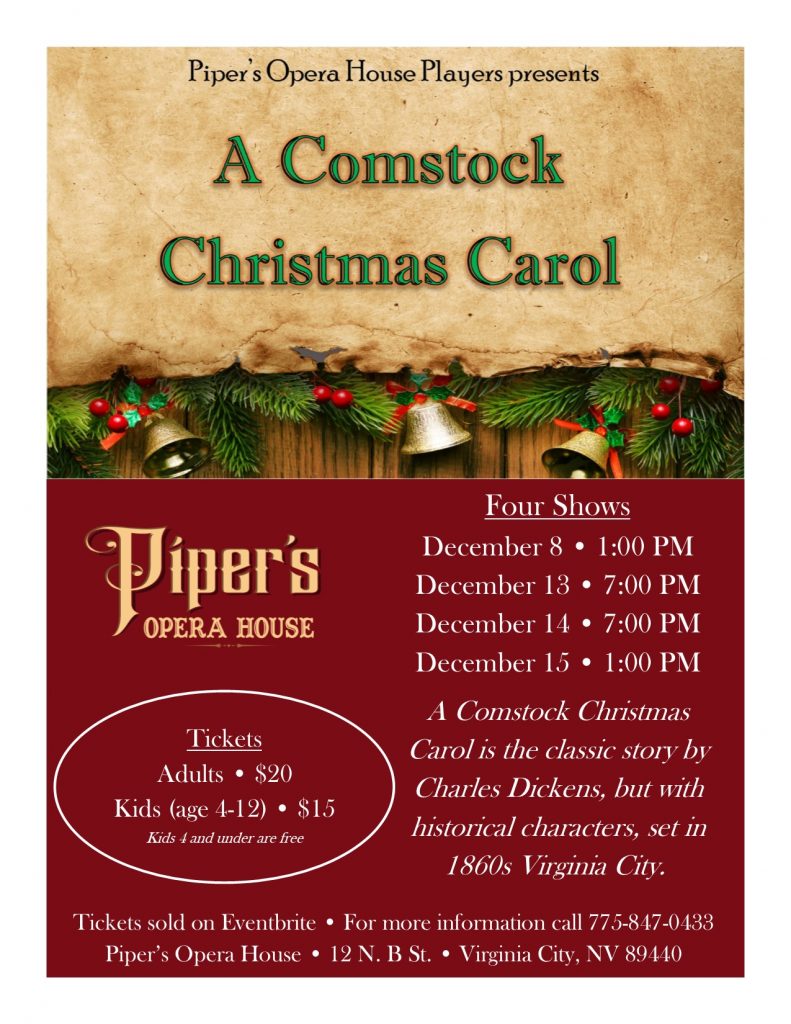
Scrooge is that character that really makes it all pivotal. At first, I thought, well, one of our big icons is William Mackey. He was one of the silver barons and I thought I should use Mackey because everyone knows his name. But historically speaking, Mackey was a philanthropist and he treated his workers better and he paid them more and he tried to take care of them and that didn’t really make him a good Scrooge character.
JAMES
I think that’s good of you to consider the real legacy of a person and not just use them because their name has recognition especially if they don’t fit.
JENNIFER
You’re right. It needed to mean something. So, I went online, and I put Virginia City into Wikipedia, and I just started looking for names. And finally, I found the name of William Sharon. Apparently, William Sharon owned the Bank of California branch in Virginia City.
And Adolph Sutro who was building this amazing tunnel system underneath all the mines so he could funnel out hot water to them always blamed the failure of his project on William Sharon because Sharon wouldn’t give him the loans he needed. When Sutro wrote about Sharon it was horrible. It was nasty. Apparently, Sharon gave out loans to miners and then upped the interest rates and then took their mines when they couldn’t pay back the loans. Sharon was an awful guy and that got my brain going.
And I started looking into Sharon and he had a partner in San Francisco named William Ralston. And he was the bank Manger in San Franciso and Sharon was the bank manager in Virginia City. And Ralston was not the best of guys. He did so much internal dealings with the bank that he threw himself into San Franciso Bay when he was found out. And I’m like wow that kind of fits you know. And so, Ralston became our Marley and Sharon became our Scrooge.
JAMES
You’re calling the play a Comstock Christmas Carol. Where does the word Comstock come from?
JENNIFER
It comes from Henry Comstock. Apparently, he was one of those slimy car dealership type of guys. When a mine was booming, he’d say he owned part of it and he should be getting some money for it. Because at the time they didn’t keep very good records of who owned what mines and he was able to finagle his way into owning parts of these mines even though he had never owned them or put any money into them. He actually died in obscurity but somehow his name, Comstock, stuck to that booming era of the 1860s to the 1880s. When you drive into Virginia City Comstock is everywhere.
JAMES
Tell me a little bit about the actor you’ve got playing Scrooge.
JENNIFER
Jerry Reyes is our Scrooge and has been on the stage before and he’s also been an extra in films including being one of Jack Sparrow’s crew in the first Pirates of the Caribbean movie. He moved back to Nevada and he wanted to start doing some live theater again. He’s very charismatic. He comes with all his own costumes and props, which is great and he’s excited to be up there and he’s doing a fantastic job.
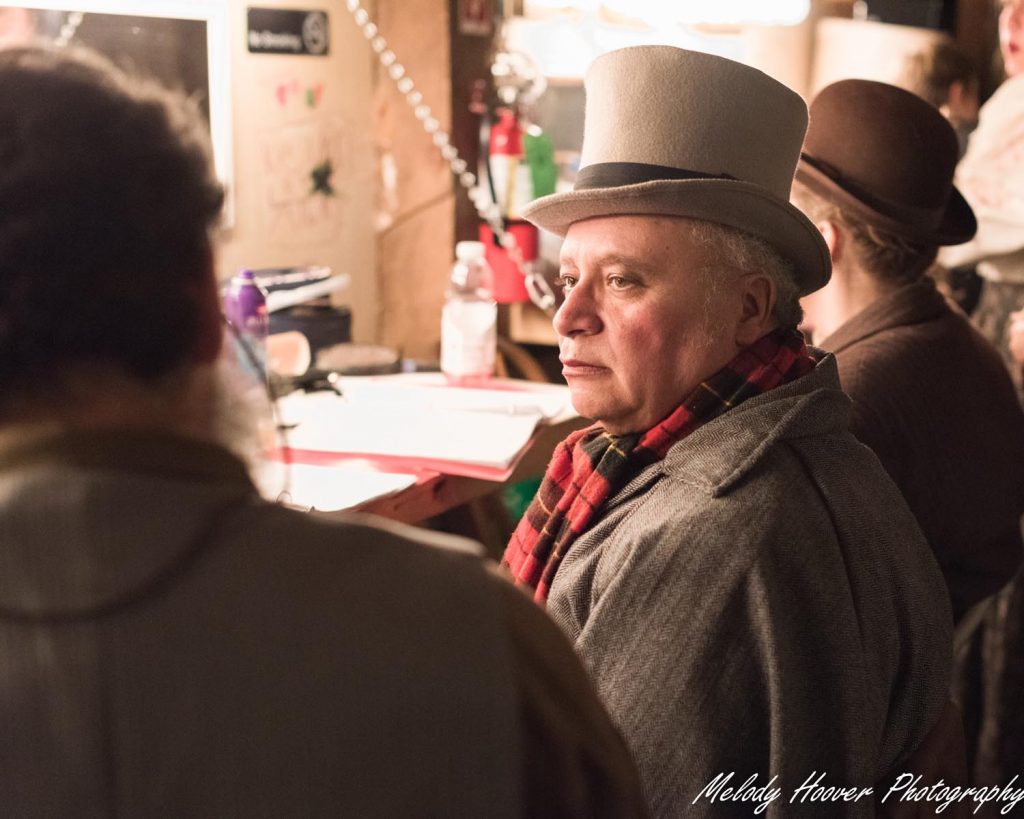
JAMES
As the playwright, I’m curious about why you picked my particular play. There’s no shortage of adaptations.
JENNIFER
What I started looking for was Christmas Carol scripts and I found yours and I was looking through the pages and I really enjoyed how you adapted it. I liked how you brought the characters in and I just thought it was so classic and so memorable. And it brought in enough of Dickens but made it easy to understand. And that’s what I loved about your script. And that’s why I was so thankful you were willing to work with us and allow us to make it more local because it has been a blessing. This script is so easy. The scenes are short. The actors are really loving all the energy that you pulled in with your words. It’s just phenomenal.
JAMES
Thanks, I appreciate hearing that and I appreciate you sharing my adaptation with your audience. So, why do you think the story of Scrooge and his redemption is still so popular?
JENNIFER
Scrooge is so focused on his needs that he’s forgotten other people’s needs. And we do that in our everyday lives, whether it’s Christmas or whether it’s spring or whether it’s summer we sometimes get these blinders on and we forget about everyone else.
And I think as we watch the story we see ourselves in every character. We can be that selfish Scrooge sometimes in our lives. We can be the regretful Marley where we wish we could have said and done things differently. And we see ourselves in the love and hope of the Cratchits where you’re always hoping for the best regardless of what’s going on. And in my opinion, I think that’s what makes it special. We get to sit back and see ourselves in everything.
And Scourge is so dynamic he goes through so many changes that there’s always empathy for this character. He grovels and he’s a miser and then he’s scared and then he’s worried and then he’s sad and then he’s happy. I mean, how often do you see a character go through such a metamorphosis? And as we watch him go through it, we are also going through it. The audience gets to go through it with him especially when it’s a really good actor.
JAMES
Yes. And it sounds to me like you’ve got a really good actor playing Scrooge.
JENNIFER
I do. I’m very blessed with everyone. I’ve met friends in the theatre that started as acquaintances and turned into something special. And during the season, while we’re working on a play, it’s tough. The lines are tough, and the blocking is tough and learning all these things is tough, but there’s that moment of magic when you get on stage that makes the last three or four months you’ve been working on it mean something. And it makes it special. And it’s a joy to see them on stage. And the best part about theatre is sharing that joy with other people.

